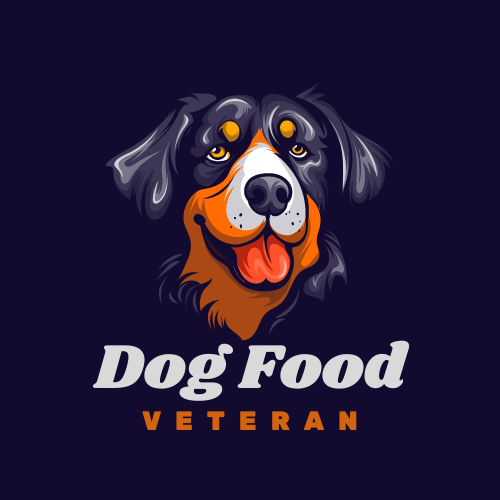Yes, sure, your pup can enjoy sauerkraut but only when you feed them moderately.

This veggie is a great source of fiber, vitamins C, and K, and other beneficial probiotics. Now your dog can get the best of both worlds; enjoying his veggies and the nutritional benefits that comes with it, only when you practice moderation.
What is Sauerkraut?
If you’re just coming across it for the first time, don’t worry, it’s just a finely shredded cabbage that is fermented by lactic acid bacteria. The fermentation process involves the following steps:
- Shredded cabbage is mixed with salt and packed tightly into a container.
- The salt draws moisture out of the cabbage, creating a brine solution.
- The natural lactic acid bacteria present then begin to ferment the cabbage over several weeks.
- This fermentation process produces lactic acid, which gives sauerkraut its characteristic sour flavor.
Now the end result is a tangy, probiotic-rich veggie made from just two simple ingredients-cabbage and salt. I’m guessing you may be thinking “Is the fermentation really necessary?’’ Yes it is, it helps preserve the cabbage and also enhances its nutritional value.
What are the benefits of sauerkraut for dogs?
I can think of many but I’d just give you a few:
Iron: This veggie is a great source of iron, one essential mineral that helps carry minerals in your dog’s bloodstream and also supports energy production. If you want your pup to grow properly with healthy blood pumping in his veins with healthy blood, then you need to get them on a diet that offers this nutritional value.
Gastrointestinal Health (including probiotics): The fermentation process gives sauerkraut a rich supply of probiotics which helps your pup digest properly and support his GI health. That’s not all, the fiber in this veggie also helps regulate their bowel movements.
It Supports Cardiovascular Health: Sauerkraut contains antioxidants like vitamin C that help reduce inflammation and support your pup’s heart health. Moreover, the fiber in the cabbage can help lower your pup’s cholesterol levels.
Sauerkraut Supports Skin and Coat Health: The vitamin B6 and biotin present in this veggie plays a great role in maintaining a healthy and shiny coat in your dog.
It Supports Your Pup’s Immune System: Trust me, for a meal that contains probiotics, vitamin C, and many other nutrients, expect a boost to your dog’s immune system.
Anti-inflammatory Properties: The antioxidants in these veggies can help reduce all kinds of inflammation in your pup’s body.
It Supports Bone Health: Yes, this meal is loaded with benefits. Sauerkraut is also a good source of vitamin K which is important for proper calcium utilization and bone mineralization.
What should I consider before giving my dog Sauerkraut
I’m sure after the plenty of benefits I listed here, you are itching to start preparing sauerkraut for your pup. Nah, not so fast fellas, there are certain you need to know to guide how you give them these veggies:
High Sodium Content: Yes, from the salt solution used in the fermentation process, the sodium content of the veggie is relatively high and can be harmful to your pup. In fact, too much sodium can lead to dehydration, stomach pain, or even salt poisoning
Flavor and Preference: Well, your dog may find the strong, sour flavor unpalatable and reject it. My advice? Introduce it slowly in small amounts and gauge their reaction. If they enjoy it, go ahead, if you get instant rejection, then it’s your cue to try something else.
It May Trigger Gastrointestinal Upset: While probiotics are generally beneficial, the sudden introduction of too much sauerkraut can cause gas, bloating, or even diarrhea until their system adjusts.
Your Dog’s Health Status: If your dog has already had a history of health conditions like kidney disease, or pancreatitis, then sauerkraut is not an option for them
How to feed sauerkraut your dog
To be on the safe side, give your dog sauerkraut moderately, you can start with just a teaspoon or two mixed in their regular food and see how they take it. If you observe and there are no digestive issues, you can gradually increase the amount to 1-2 tablespoons per day if your pup is small and up to ¼ cup if you have a large dog.
However, the best types of sauerkraut you should give your pup is the plain ones without onions or caraway seeds. You can also check for the canned varieties at the grocery store but I’d rather you make it at home yourself.
Conclusion
To wrap up our guide, sauerkraut can be a healthy addition to your pup’s diet but only when you feed them moderately. Don’t forget to go for the plain varieties and talk to your vet if your dog has any underlying health condition.
Read More: Can Dogs Eat Pepperoni? Here’s What You Need to Know!
Can Dogs Eat Tuna? A Safe Guide for Pet Parents (2024 Update)

